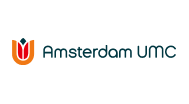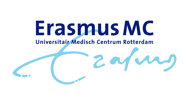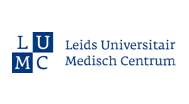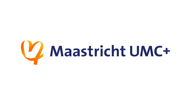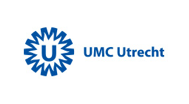Boundary conditions for scientific research
One of the main tasks of the umcs is scientific research. To facilitate the scientists’ work, agreements and tools are constantly being made, for example in the form of codes of conduct. The knowledge acquired through research is translated as quickly as possible into practical applications and innovations, like new treatments, medicines or devices. But it is also used for new policy or education and instruction about healthy living, for example.
As the umcs are participating jointly in legislation and the development of norms and standards, the quality of (bio)medical-scientific research is secured now and in the future. The NFU plays a central role in various ways in formulating and monitoring the boundary conditions of scientific research:
- BROK®: everything about the mandatory Basiscursus Regelgeving en Organisatie voor Klinisch Onderzoekers (Basic course on Regulations and Organisation for clinical investigators).
- Clinical research: how do we ensure that research involving human subjects is done as safely and optimally as possible?
- Phd track: the NFU has prepared a guideline for doctoral programmes in the umc’s.
- Valorisation: how do we work on valorisation in the NFU?
- Scientific integrity: what does the Netherlands Code of Conduct for Research Integrity involve?


